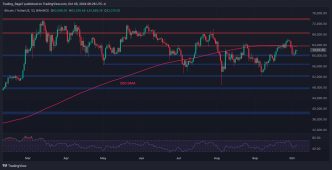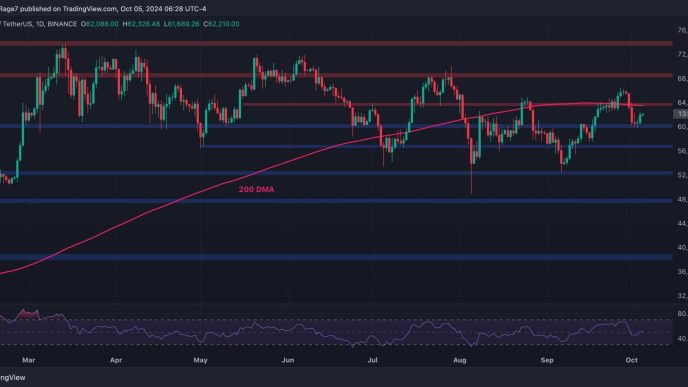In the debate over illicit finance, cryptocurrencies often bear the brunt of criticism despite cash being the preferred tool for criminals.
A new report published by Homeland Security Investigations (HSI) Supervisory Special Agent Robert Whitaker and the Crypto ISAC states that regulated crypto platforms offer valuable support to law enforcement, utilizing blockchain’s transparency to combat crime and boost national security, despite lingering misconceptions about their role in illicit finance.
Cash, Not Crypto, Remains the Criminals’ Preferred Tool
The share of illicit activity within the total cryptocurrency transaction volume is remarkably small. According to the report, Merkle Science’s analysis shows that only 0.61% of USDT transactions between July 2021 and June 2024 were flagged as potentially illicit, while USDC fared even better, with just 0.22% flagged and less than 0.005% linked to sanctioned entities.
Meanwhile, Chainalysis reported that illicit activities accounted for only 0.34% of total on-chain transactions in 2023, down from 0.42% in 2022. These figures are much lower than the estimated illicit activity in traditional finance, as highlighted by the Treasury’s 2024 National Money Laundering Risk Assessment.
Both cryptocurrency and traditional finance (TradFi) systems face increasing regulatory scrutiny to combat illicit finance. However, they differ in their transparency. TradFi lacks the public blockchain technology that makes crypto transactions traceable.
In traditional finance, law enforcement must obtain financial records from institutions, often requiring a grand jury subpoena. This process involves a panel of people and gathering substantial evidence before tracing funds can begin.
Additionally, many illicit activities still rely on cash, which is untraceable. The 2024 DEA report confirms that cash remains the primary method for transactions in the drug trade due to its anonymity and lack of a paper trail.
KYC or KYT?
In the report, Agent Whitaker said that the traceability of transactions on a blockchain is a game-changer for law enforcement and regulatory bodies in their fight against cash-based illicit crimes such as money laundering, terrorist financing, and other forms of financial crime since it offers the capacity to “follow the money” in real time and across borders. This is done through something called “Know Your Transaction” or “KYT” tools to track down criminals.
While traditional finance relies on Know-Your-Customer (KYC) processes, KYT uses blockchain’s transparency to provide real-time insights into transactions. This enables crypto companies and agencies to assess risks continuously and adds a layer of security unmatched by traditional systems, ensuring a safer platform for users.
The report highlighted that integrating KYT with traditional compliance tools could potentially help create a more robust risk assessment framework, continuously updating based on new blockchain data to stay ahead of emerging threats. KYT is also said to improve sanctions compliance by enabling exchanges to screen and block transactions linked to high-risk addresses identified by bodies like the Office of Foreign Assets Control (OFAC) and member-led organizations like Crypto ISAC.
Binance Free $600 (CryptoPotato Exclusive): Use this link to register a new account and receive $600 exclusive welcome offer on Binance (full details).
LIMITED OFFER 2024 at BYDFi Exchange: Up to $2,888 welcome reward, use this link to register and open a 100 USDT-M position for free!
Source link
Chayanika Deka
https://cryptopotato.com/cash-not-crypto-remains-preferred-tool-for-criminals-report/
2024-10-06 05:42:41














